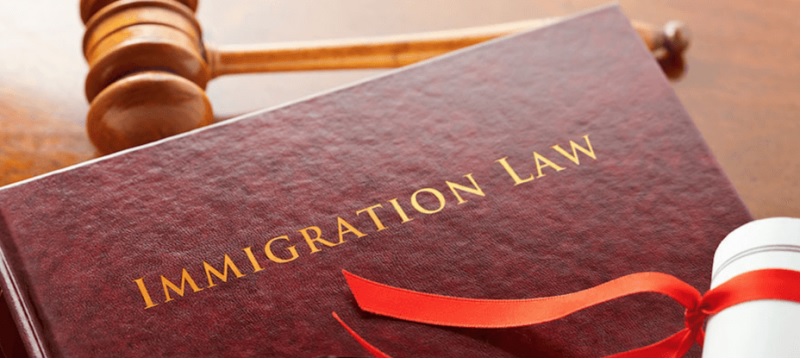Death and taxes are two of the major certainties of life which no one can ever run away from even if wish to. This is likely to be a difficult phase of life which one has to overcome with the support of professional help. And this true by the fact that all income and tax return of a deceased need to be filled during the year in the same manner as when they were alive. The whole process of tax return filings to IRS Singapore for the deceased can be complicated for you to understand as a deceased spokesperson, friend, relative or colleagues, so let’s keep the whole guide simple and straightforward.
To begin with, IRS makes certain things clear to the people who take a stand in settling the financial and tax affairs of the deceased individual, like survivors, executors or administrators that- various types of tax are likely to be due by the deceased on the purchase of property, investments, earnings or any other assets owned by him, and the IRS requires those taxes to be paid on time.
Therefore, depending on your official position in administrating the tax liabilities of a deceased who was also a US Expat Singapore, you’ll have certain responsibilities to file the due tax taxes as well as returns on the behalf of the deceased. To professionally handle the tax affairs, it is always recommended to engage a tax professional who has experience in dealing with tax returns and filings for deceased people. Their knowledge and experience will be better able to provide specialized guidance to you and meet the legal norms to the IRS filings of a deceased.
Responsibilities of A Deceased Personal Representative
Since you have taken the charge to fulfill all US expat tax returns Singapore liabilities of your deceased friends or relative, you have to perform certain duties from a tax perspective, including:
- Apply for an EIN (Employer Identification Number) for the deceased estate- this will allow the IRS Singapore to identify all his estate which is needed when filing1041 form (income tax return for an estate).
- File all tax returns due including estate taxes, income taxes, gift taxes and similar.
- File deceased income tax return in form 1040.
- Pay any tax dues required out of the estate.
Things to Remember: If tax returns are not filed and paid on time, then be ready to bear the penalty levied for late payment or filing of deceased tax dues.
Eligible Credits to Claim
On the final income tax return, you can claim for the before-mentioned tax credits that applied to the person before his/her death.
- Credits for the disabled or aged– this is allowable up to certain limits because it will vary as per the age.
- Child tax credit- if the deceased had a qualifying child, you are authorized to claim the child tax credit on the final income tax return.
- Earned income credit– In case the deceased was an eligible individual, you can claim for his earned income exemption.
These are some of the crucial norms which you will get to know after hiring a professional tax consultant. Do not take a risk of skipping the filing of income tax return after the death of a family member or any close friend whose earning fall in a taxable category.





